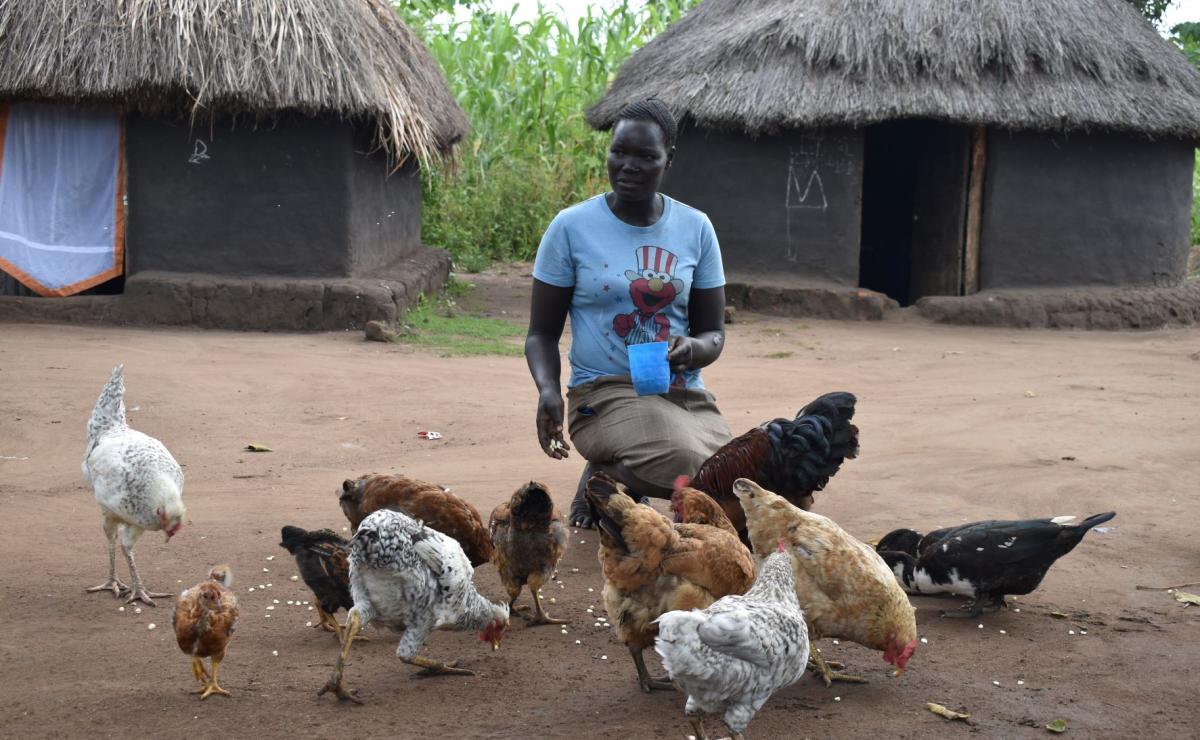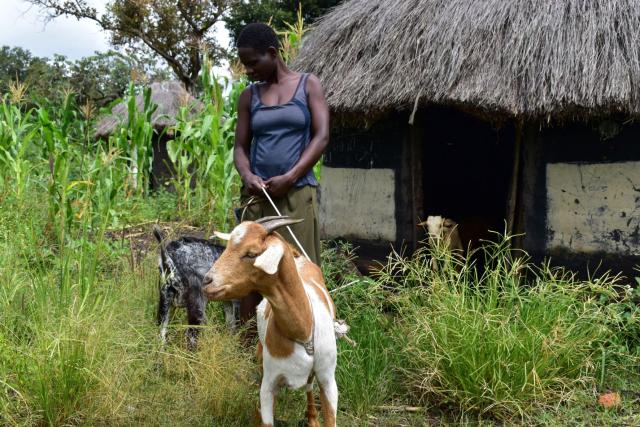Adult literacy empowers South Sudanese refugees to pursue income-generating activities

Child marriage is a common practice in South Sudanese societies which impedes girl child participation in education as it is not always easy for them to return to school. Motherhood makes them busy with household affairs, which is escalated by perennial conflicts.It is under similar circumstances that most south Sudanese women refugees fleeing the war in their home country find themselves. To support them capture the missed opportunities of formal education during childhood, the Lutheran World Federation, with funding from the Bureau of Population, Refugees, and Migration (PRM), provides Functional Adult Literacy (FAL) training.
The programme incorporates skill-specific training, in addition to literacy and numeracy, and attempts to focus on linking literacy to people’s livelihoods and needs. Josephine Atek, 42, the chairperson of the 18 women group which enrolled for the six-month FAL training in Northern Uganda’s Palabek settlement, says it has not only enhanced their self-reliant capacities but also improved their parenting skills.“We can guide our children to do their homework”, Atek states, noting that the village saving and loan association (VSLA) knowledge attained during the training has enabled them to sustain their group business. “We also keep good records for our group business for all the daily sales/ transactions, which has minimized losses.”
The group has since accumulated Shs7,000,000(about $1,867) from the received Shs2,500,000 (about $669) cash grant that they used to start a seeds business in January 2022. “We used part of the profits to expand the business, Some members have opted for retail shops, while others have bought animals like goats, chickens, rabbits, and pigs to sustain their livelihood, 26-year-old Susan Akwero, another group member, said.and the members used the rest to start individual businesses, basic needs and family assets,” Atek adds

“All members can afford basic needs such as food, clothing, medical and education services for their children,” Akwero states. The group development has also benefitted the surrounding community members who have a ready market for their produce and created casual jobs for off loaders.
-END-

